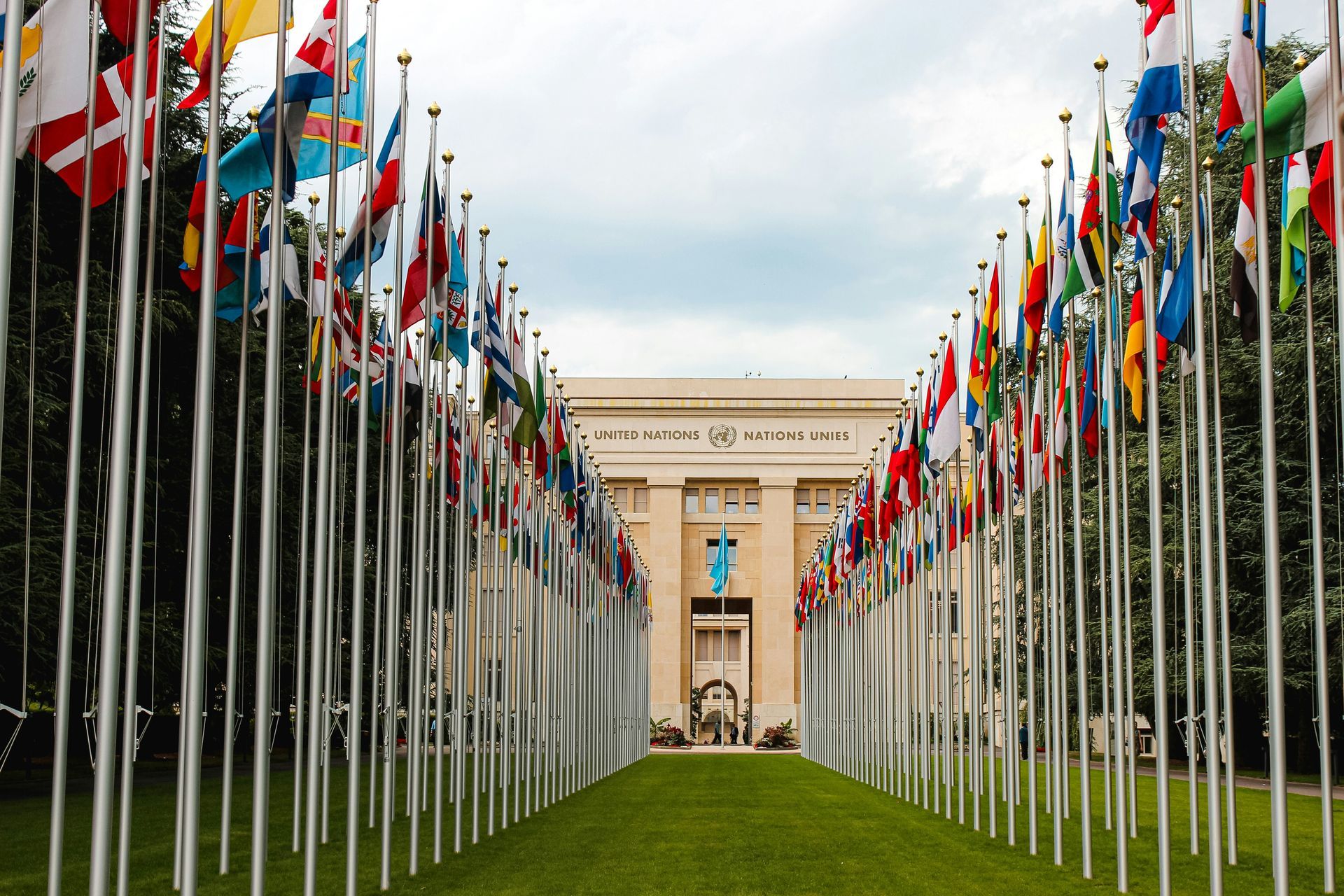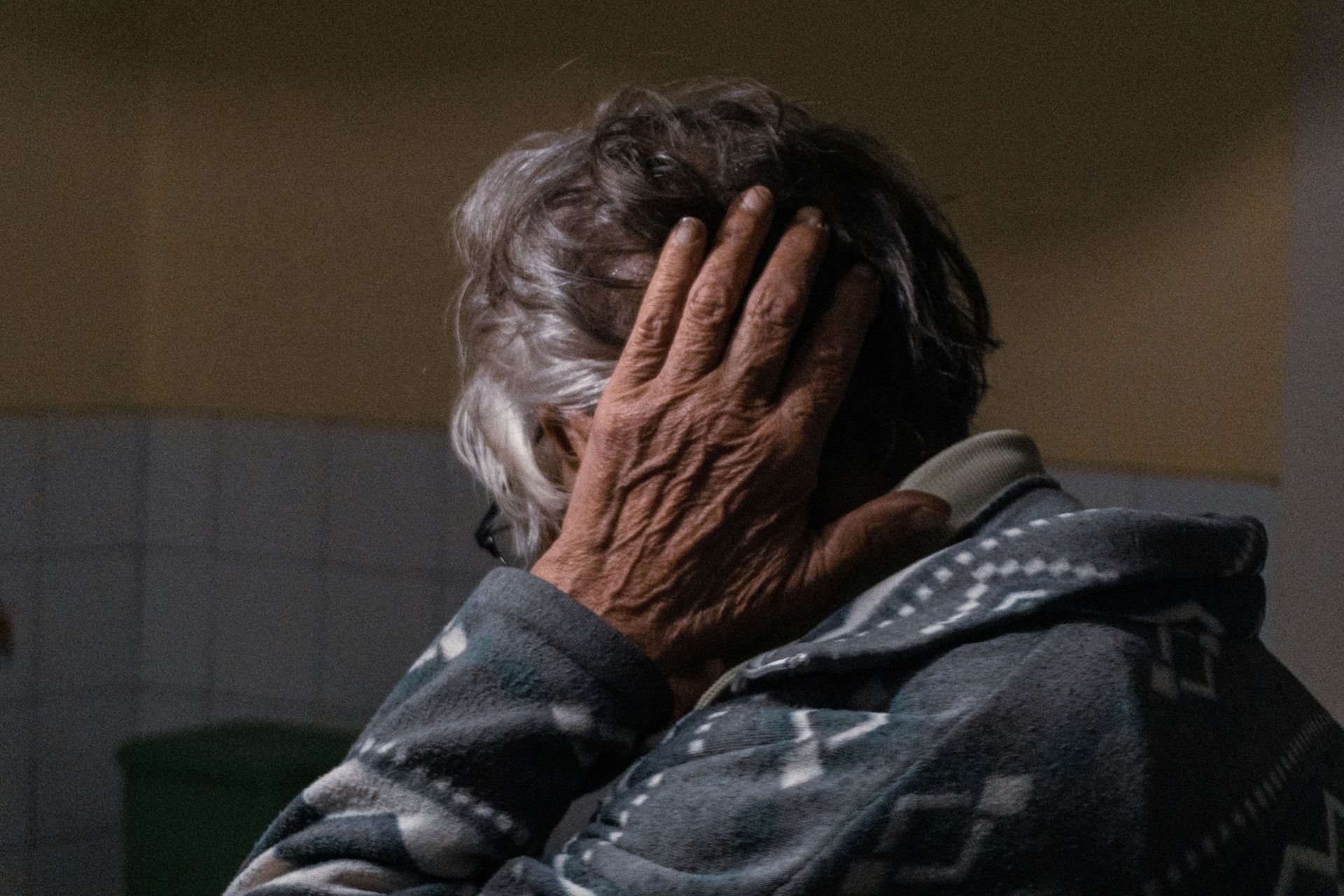Are Councillors Going for Glitz and Glamour over the Basics, At Ratepayers' Expense?
In the current economic climate – with its convergence of financial challenges upon households – local councils should be spending only on critical, “must-have” and “must-do” items . . . like water infrastructure, roading, footpaths and maintaining basic services.
That’s the hard-held opinion of one of the most fiscally responsible, ratepayer-accountable elected representatives I personally have had the pleasure of speaking to.
Masterton District Councillor Tim Nelson believes that – in an environment in which ratepayers are facing substantial and unavoidable increases in their own monthly expenditures and “running just to stay in place” – “a policy of austerity” is the only responsible approach for a local council to adopt.
Specifically, he’s unimpressed with his fellow Councillors for voting to spend money the Council doesn’t have, on “nice-to-haves like a new Town Hall that we don’t need and a library upgrade we can’t afford, either”.
‘Convergence of Significant Contributors’ to Tough Times for the Average Household
“We are, for example, seeing interest rates go up markedly, with people coming off fixed term mortgages that were fixed in, say, 2021. Prices were peaking then, of course, and now their same house is worth substantially less while, at the same time, their new mortgage rates are going to be significantly higher.
“While you and I are sitting doing this interview, Kiwibank’s floating rate stands today at 8.25%. Compare that to 2021, when interest rates were around 3.5%.
“Even an increase of one percent in your interest rate would mean you suddenly have to find a substantial amount of additional money each year to continue to fund that mortgage.
What Are We Doing Building A New Town Hall We Don’t Need & Upgrading A Library We Have to Borrow For?
“In an environment like this, I don’t believe we should be spending huge amounts of money we haven’t actually got, on icons and vanity items like a new town hall – when, in the case of the town hall specifically, the various buildings we already own, have been quite sufficient in providing for all the requirements of such a facility.
“We haven’t had a town hall for eight years and we’ve coped fine with the buildings and the facilities we already have.”
If you have to borrow, Cr Nelson points out the obvious, “that means you don’t have the money.” And that money has to be paid back at some point, “which is going to fall on the shoulders of future generations.”
And then there’s the decision to upgrade the library:
“As the Principal of Lakeview Primary School, and coming from a poor family with 13 kids who wouldn’t have had books or the other bare necessities of our education if not for the local library, you better believe that I’m a huge fan of libraries,” he impassions.
“But how could I responsibly vote for the Masterton District Council to go into a further $10.4 million of debt when five minutes earlier my colleagues had just voted to spend $25 million on a quite unnecessary new town hall; a decision that there was absolutely no business case to justify?
“And. to boot, I get really annoyed when I see Council paying $25k to a consultant for a car parking survey.”
‘A Near-10% Increase is Nothing to Celebrate’
Councillor Nelson conceded that the most recent annual increase of 9.6% in the Masterton District Council rates was the lowest of the three Wairarapa Local Government Areas (LGAs).
However, he was quick to add, at almost 10% it was “nothing to celebrate”.
“I’m pushing for us to get our rates increases down to the CPI, which would mean, if we’d aimed for and achieved that, we’d only be looking at an increase this year of 4.5%.”
He also says he’s disappointed in Council, in that the compounding impact of rates wasn’t made clear in the Long Term Plan (LTP) consultation document.
“What the nature of that graphical presentation doesn’t make clear is that the compounding impact of the rates increase over the course of the next five-year period – in this case 2024 to 2029 – is actually more than 40 percent.
‘We Should Be Focusing on the Core Necessities’
“And here we are, borrowing tens of millions of dollars on totally optional, flashy new infrastructure icons, when – first and foremost – in any economic circumstances let alone those currently, we should be focusing down hard on the core necessities.
“Certainly, water infrastructure and roads and footpaths and basic services maintenance might be quite boring, but wait until residents in some part of town turn their taps on and nothing comes out, or their sections pool up with stormwater overflow, or critical town plumbing fails and they’re using Portaloos in their backyards.
“They’ll soon tell you to go back to basics and focus on the boring stuff then."
An Analogy . . .
“Council talks about community 'wellbeing'.
"I would offer this analogy as a more fundamental way to look at 'wellbeing' as a concept:
"At the school at which I’m Principal, I and my board of trustees, don’t for example dish out yoga and massage vouchers. What we do is make sure that all our staff have the basic supplies, services, critical infrastructure and other resources they need to be effective students and teachers.
“And in the same way, a council – any council – must prioritise its basics. It must absolutely not be wasteful in any area, most especially now, when the extra money people are going to be paying in rates stands to make a material negative impact on their lives . . . in every area where they will, as a result, have to cut back, be it quality of food, health care, or expenditure on maintaining social connectivity.
"Even small increases in expenses can mean cutting back on something that is very important to an individual ratepayer or a household."
Other News, Reviews & Commentary









